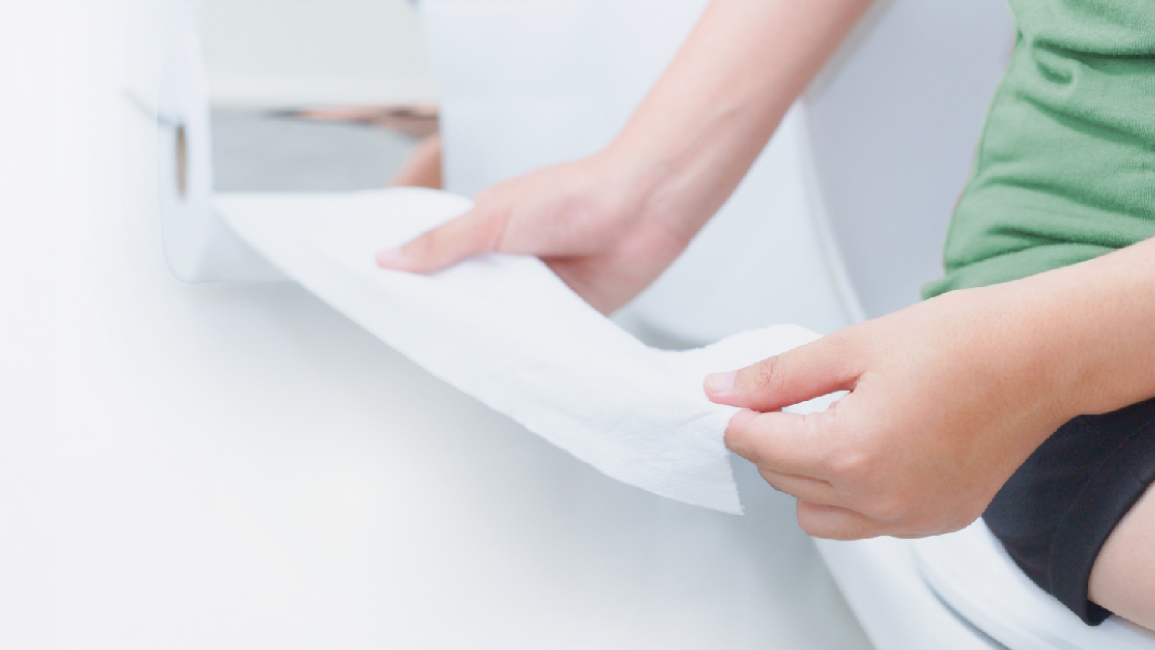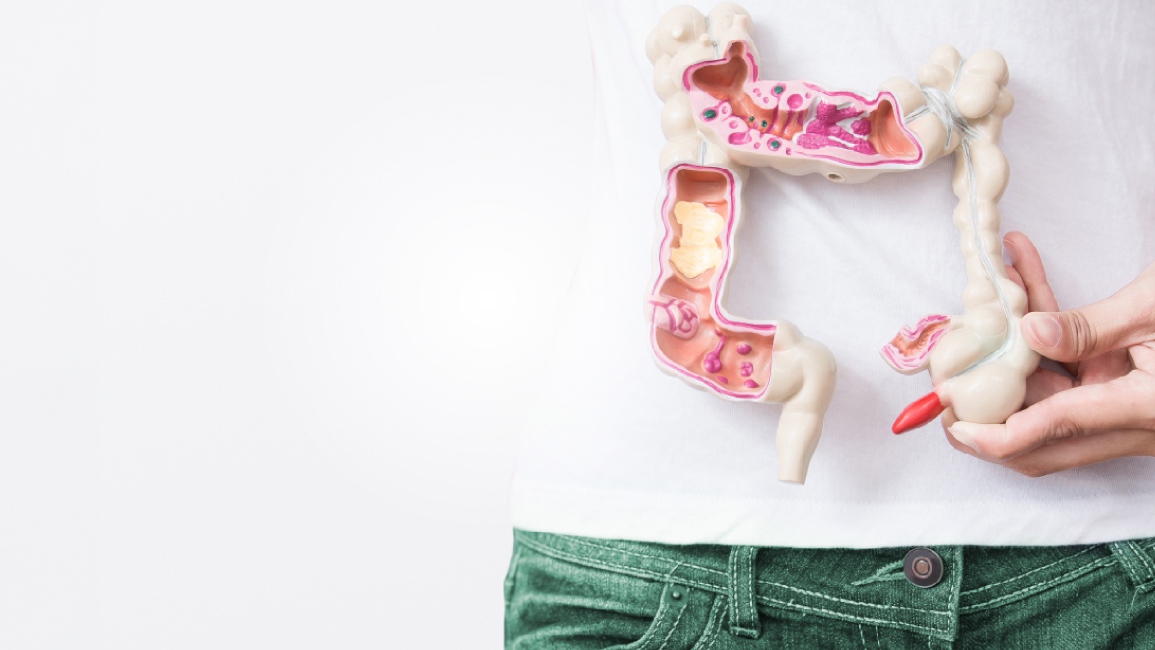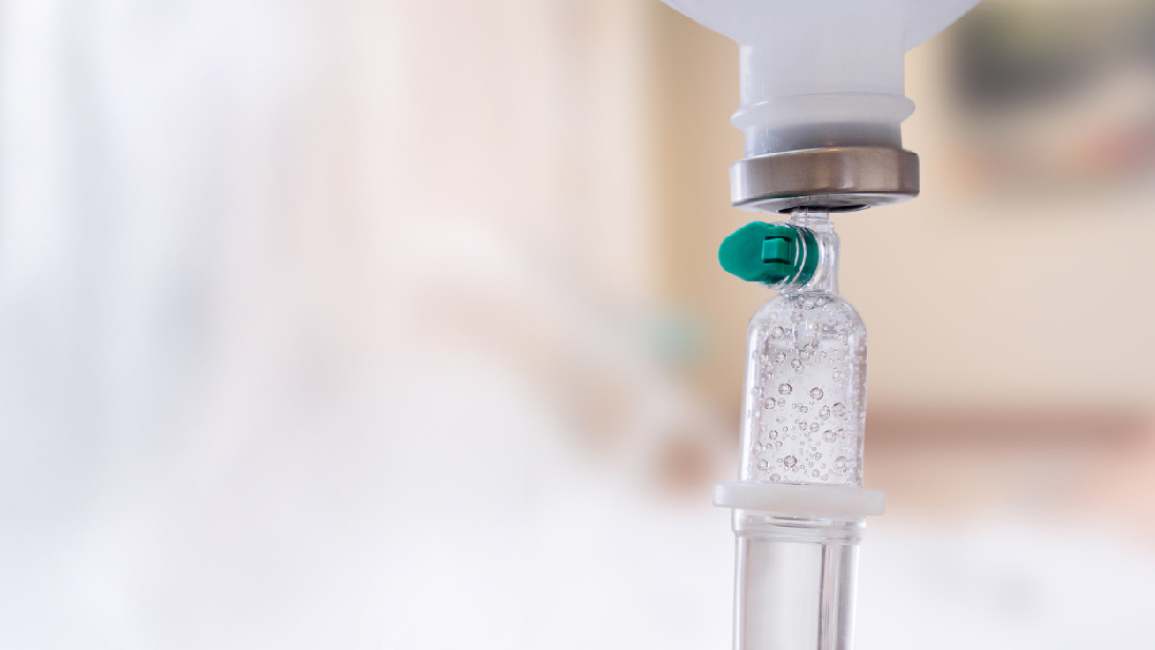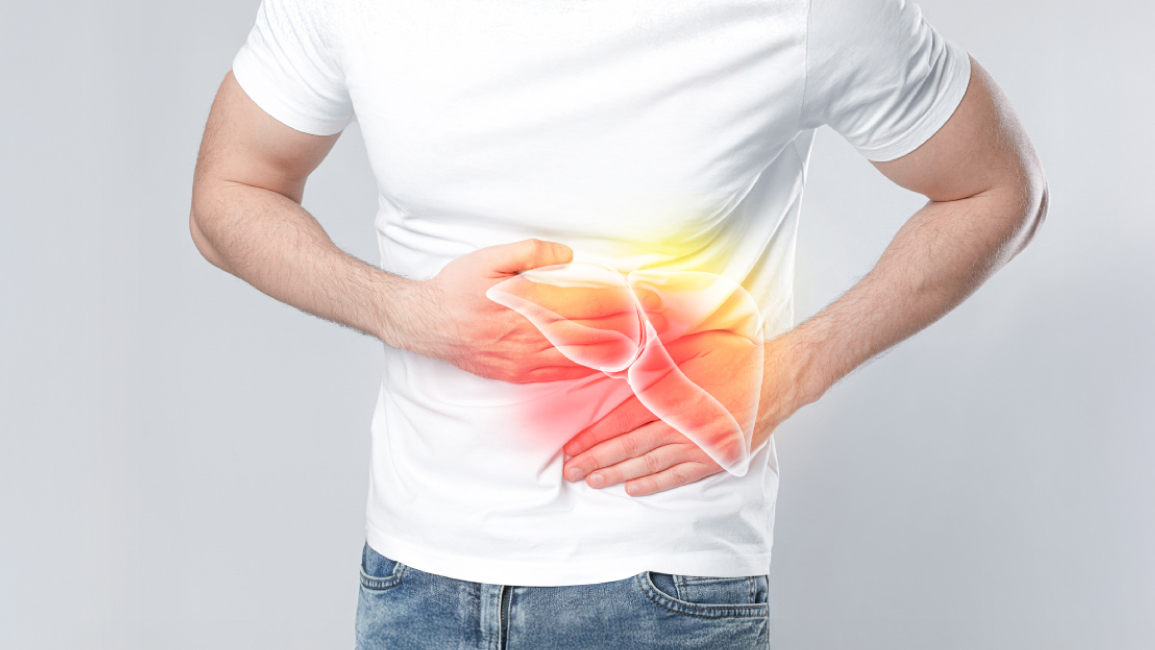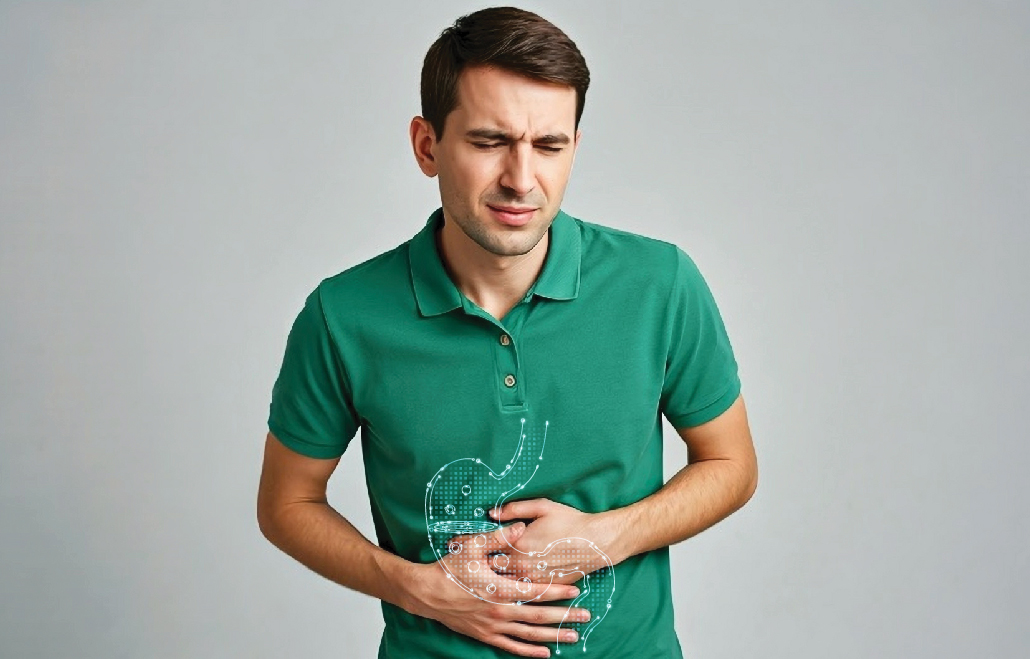EGD - Upper GI Endoscopy
Center : Gastrointestinal and Liver Center
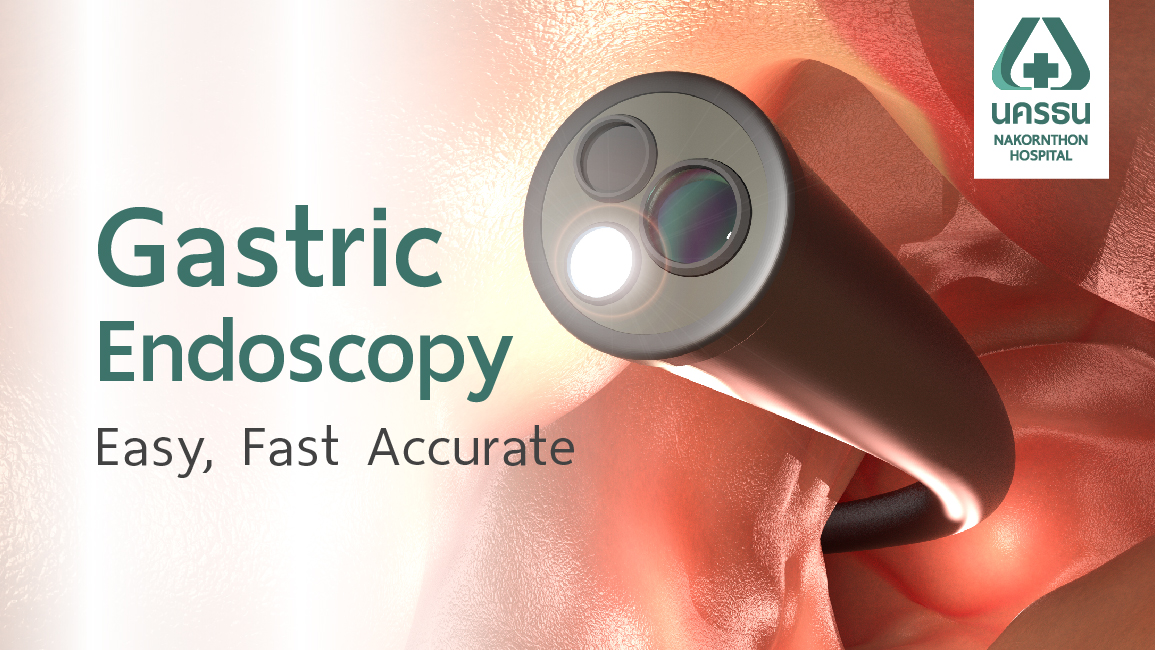
Choose to read by topic:
What is EGD
Gastric lavage (EGD) is a standard for the accurate diagnosis of the disease and is a simple examination that does not take long. And in some diseases, doctors can treat them immediately, such as upper gastrointestinal bleeding. Reduce necessity And the risks of patients requiring surgery.
- Pain, stomach cramps, or a burning sensation in the upper abdomen, chest. Or neck area
- Flatulence like indigestion.
- Burping or nausea and vomiting often.
- The wave is stuck in the wave, or the wave is painful.
- Sore throat, dry throat, hoarseness or frequent coughing Without knowing why
All of these symptoms are due to disorders of the upper digestive tract, including the esophagus, stomach and duodenum. Most of us tend to think that these symptoms are caused by eating spicy food. Eating the wrong type of food or not eating for a while But in reality, there are many upper digestive disorders that cause them, such as peptic ulcer disease. GERD in the esophagus Esophagitis Adenoids Or stomach. In addition, infection with bacteria Helicobacter Pylolyl. (Helicobacter pylori) in the stomach is also a major cause of gastric ulcers. And can also cause gastric cancer, so early detection is beneficial for treatment. And can prevent serious complications.
Indications for EGD
- People with any of the above upper gastrointestinal symptoms that have not responded to treatment. In case of lesion In the stomach The doctor can do a tissue biopsy (Tissue Biopsy) to rule out the cause of the wound. As well as being able to detect the bacteria hlichobacter pylolyl (Helicobacter pylori) at the same time, in addition, the substance can be performed laparoscopic surgery in case of tumor polyps in the digestive tract.
- People with symptoms of upper gastrointestinal tract with alarm symptoms, including those over 40 years old, flatulence, prolonged abdominal distention. Palpation on the stomach, loss of appetite, weight loss, swallowing, difficulty swallowing, frequent vomiting. Having a family history of gastrointestinal cancer Which are all warning signs indicating a risk of cancer.
- To monitor the treatment of gastric ulcer (Gastric Ulcer) to confirm wound healing. And eliminates doubt Causes of ulcers arising from tumors of the stomach. And monitor the disappearance of bacteria Holicobacter pyrolysis After receiving antibiotics to eradicate the disease.
- People with black urine syndrome Bloody black Or have anemia This indicates that Upper Gastro Intestinal Bleeding (UGIB) is present. Upper gastrointestinal endoscopy can provide a diagnosis. And can immediately stop the bleeding.
- To provide treatment in the event of foreign bodies being swallowed into the esophagus (Foreign Body Impaction) such as coins, baccarat, needles, animal bones, fish, etc.
- To make a diagnosis and assess the severity in the event of ingestion of corrosive substances (Corrosive Ingestion) such as acid or alkali, toilet cleaner.
- To perform treatment Correct gastrointestinal stenosis (Stricture) resulting from gastrointestinal tumors, gastrointestinal ulcers. Or narrowing as a result of swallowing caustic substances.
EGD Procedure
Practices Before EGD
Patients will be advised by their physician about the need for examination. And assess readiness before the endoscopic examination People with underlying disease Hypertension Blood disease or taking any medicine Sedentary or drug allergy should let the doctor know.
Upper gastrointestinal endoscopy (Gastroscope) is a small camera that looks like a long cable. And there is a camera attached to the end of the cable where the camera will be linked by high definition fiber. And was transmitted to the monitor which the doctor And the patient is able to take care of the examination continuously.
The examiner is required to refrain from water and food at least 6 hours before the end of the colonoscopy. And before the endoscopy, the patient will be given an anesthetic spray on the throat to prevent irritation. And the camera will be inserted through the mouth And neck softly in a side position To examine 3 important organs: esophagus, stomach and duodenum.
In some cases, people who are tested are given anti-anxiety medication. Or sleeping pills To feel relaxed while being examined The average endoscopic examination takes about 10-15 minutes, after which the patient can rest in the Recovery Room for 1-2 hours and the endoscopic examination results can be found on the same day.
Practices After EGD
- able to eat normally And abstain from drinking alcohol for 24 hours
- There may be a sore throat for 1-2 days after the endoscopy. Which can relieve symptoms by gargling with warm salt water Or suck on lozenges to help relieve sore throat
- You may feel bloating, stomach ache or gas which is normal. And farting will help you feel better
- Strenuous activities should not be performed during days 1-2 after the endoscopy (such as running, lifting more than 5 kg of weight, or cycling).
- The doctor will give medication through a vein. If the vein puncture site is sore, red, or swollen, you can apply a warm washcloth to the area for 15-20 minutes and do it 4 times a day for 2 days. Will help reduce the symptoms If such symptoms Does not disappear within 2 days, should consult a doctor
- If taking Aspirin or Plavix or NSAIDs (Ibuprofeb, Motrin, Advil, Naprosyn, Indomethacin, Celebrex) on a regular basis, please stop taking the medication temporarily. And consult with a gastroenterologist and liver doctor Or a doctor who prescribes medicine for Before returning to the drug again.
- Do not drive vehicles or operate large machinery during the 24 hours after laparoscopy.
See a Doctor Immediately if
If you have the following symptoms You should see a doctor immediately.
- Severe chest or abdominal pain
- Dark black stools and / or bloody vomit.
- A bright red blood clot. Or a large number of blood clots coming out through the rectum.
- Chills or a fever above 38 ° C
Online Consultation
Article of Gastrointestinal and Liver Center

